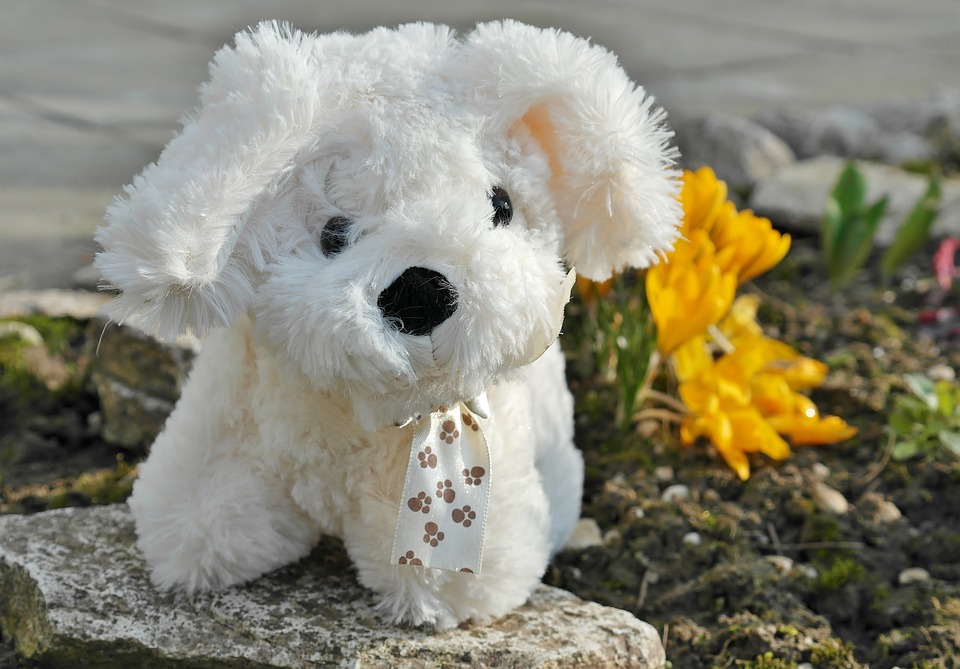Exploring the Bond Between Dogs and Children with ADHD
Introduction:
Attention Deficit Hyperactivity Disorder (ADHD) is a neurodevelopmental disorder that affects millions of children worldwide. Characterized by symptoms such as impulsivity, hyperactivity, and inattentiveness, ADHD can significantly impact a child’s daily functioning and overall quality of life. While there are various treatment options available, recent research has shown that the bond between dogs and children with ADHD can have a profound positive effect on managing the symptoms of this disorder. In this article, we will explore the benefits of this special relationship and how it can contribute to the well-being of both the child and their furry companion.
The Bond Between Dogs and Children with ADHD:
1. Unconditional Love and Acceptance:
One of the core characteristics of a dog’s nature is their unconditional love and acceptance. Children with ADHD often struggle with self-esteem and feelings of rejection due to their behavioral difficulties. Dogs provide a safe and non-judgmental space where these children can experience love and acceptance without any expectations or conditions. This bond can help boost the child’s confidence and self-worth.
2. Emotional Support:
Living with ADHD can be emotionally challenging, with mood swings, frustrations, and meltdowns being common occurrences. Dogs have an innate ability to sense and respond to their human companion’s emotions, providing a comforting presence during difficult times. The presence of a dog can help regulate the child’s emotions, reducing stress and anxiety levels.
3. Increased Physical Activity:
Hyperactivity is a common symptom of ADHD, making it challenging for children to sit still or focus on tasks for extended periods. Dogs require frequent exercise, which can provide an outlet for the child’s excess energy. Regular walks, play sessions, and outdoor activities with their furry friend not only promote physical health but also improve attention and concentration.
4. Improved Social Skills:
Children with ADHD often struggle with social interactions and making friends. The presence of a dog can act as a social bridge, facilitating interactions with other children and adults. Walking a dog in the park, participating in dog-related activities, or simply playing with their pet enables these children to engage with others in a more relaxed and natural manner. This interaction can enhance their social skills and build stronger friendships.
5. Responsibility and Routine:
Caring for a dog requires a certain level of responsibility and structure. Children with ADHD can benefit from the routine and structure that comes with taking care of a pet. Feeding, grooming, and exercising a dog require organization and consistency, helping the child develop important life skills such as time management, planning, and completing tasks. The sense of responsibility also fosters a sense of accomplishment and self-discipline.
6. Non-verbal Communication:
Children with ADHD may struggle with communication and expressing their emotions verbally. Dogs are highly intuitive beings who communicate primarily through non-verbal cues, making them excellent companions for such children. Interacting with a dog helps improve their ability to read body language, understand emotions, and respond accordingly. This enhanced non-verbal communication skill can positively impact their relationships with other people as well.
Frequently Asked Questions:
Q1. Can any breed of dog be suitable for children with ADHD?
A1. While any breed of dog can potentially form a bond with a child with ADHD, some breeds are known to be more patient, gentle, and tolerant, making them more suitable for children. These breeds include Labrador Retrievers, Golden Retrievers, Beagles, and Boxers. However, it is essential to consider individual temperament and the specific needs of the child when selecting a dog.
Q2. Are there specific training programs for children with ADHD and their dogs?
A2. Yes, there are specialized training programs available that cater specifically to children with ADHD and their dogs. These programs focus on improving the bond between the child and their pet while teaching essential obedience and behavioral skills. These programs can be highly beneficial in enhancing the child’s ability to interact positively with their dog and manage their own behavior.
Q3. Are there any risks involved in having a dog for a child with ADHD?
A3. While the bond between dogs and children with ADHD can be incredibly beneficial, it is essential to consider any potential risks. For example, children with severe allergies or asthma may be sensitive to pet dander, making it important to ensure compatibility before getting a dog. Additionally, certain dogs may be less tolerant of impulsive behavior or excessive energy, so proper supervision and training are crucial.
Q4. Can the bond with a dog replace other treatments for ADHD?
A4. The bond between a child with ADHD and their dog is not a replacement for other proven treatments but can be a valuable addition to a comprehensive treatment plan. It is essential to work in partnership with healthcare professionals to ensure that all necessary interventions are in place, including medication, therapy, and support services.
Conclusion:
The bond between dogs and children with ADHD can be a powerful force in improving the well-being and managing the symptoms of this disorder. From providing unconditional love and emotional support to promoting physical activity and enhancing social skills, dogs offer a range of benefits to these children. It is crucial for parents, caregivers, and healthcare professionals to recognize the potential of this bond and support children with ADHD in developing meaningful relationships with their furry companions.
Remember, having a dog is a long-term commitment that requires careful consideration and planning. If you are considering adding a dog to your family, it is advisable to consult with professionals, such as veterinarians, trainers, or therapists, to ensure the best match for your child’s needs and the dog’s temperament. With proper guidance and support, the bond between dogs and children with ADHD can be a transformative experience for both parties involved.

